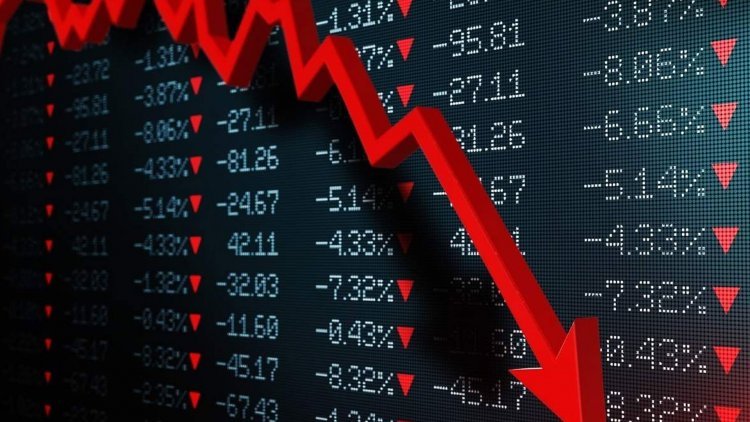Staff at the Fed warn that the likelihood of a recession in the following year is now close to 50%
The warning was the first of its kind since the central bank started hiking rates in March, according to the forecast that was detailed on Wednesday in the minutes of the Federal Open Market Committee meeting on November 1-2.

This month, staff economists at the Federal Reserve briefed policymakers, warning that the likelihood of a US recession within the next year had increased to roughly 50% due to risks associated with weaker consumer spending, dangers to the global economy, and additional interest rate hikes.
The warning was the first of its kind since the central bank started hiking rates in March, according to the forecast that was detailed on Wednesday in the minutes of the Federal Open Market Committee meeting on November 1-2.
According to the minutes, "sluggish growth in real private domestic spending, a dimming global outlook, and tightening financial conditions were all seen as salient downside risks to the projection for real activity; in addition, the possibility that a persistent decline in inflation could necessitate a greater-than-assumed amount of tightening in financial conditions was seen as another downside risk."
The staff continued to believe that the risks to the baseline prediction for real activity were tilted to the downside and that it was almost as likely that the economy would experience a recession at some point in the upcoming year.
By providing briefings on economic circumstances and projections to the FOMC members who ultimately decide on interest rates at meetings, the influential staff at the Fed's Board of Governors in Washington plays a significant role in the formulation of monetary policy.
In contrast, according to the median prediction of the analysts surveyed by Bloomberg this month, there would be a recession within the next year. According to a Bloomberg Economics model, the likelihood is 100%.
In an effort to lower inflation, which skyrocketed this year to the highest levels in four decades, the FOMC decided to boost the central bank's benchmark rate by three-quarters of a percentage point, triple the average amount, at the meeting. Officials did, however, give a hint that the pace of tightening might shortly moderate, giving the central bankers more time to assess the effects of earlier rate hikes on the economy.
Fed Chair Jerome Powell told reporters during a press conference held following the meeting that he believed "no one knows whether there will be a recession or not and, if so, how bad that recession will be."




 admin
admin 




















